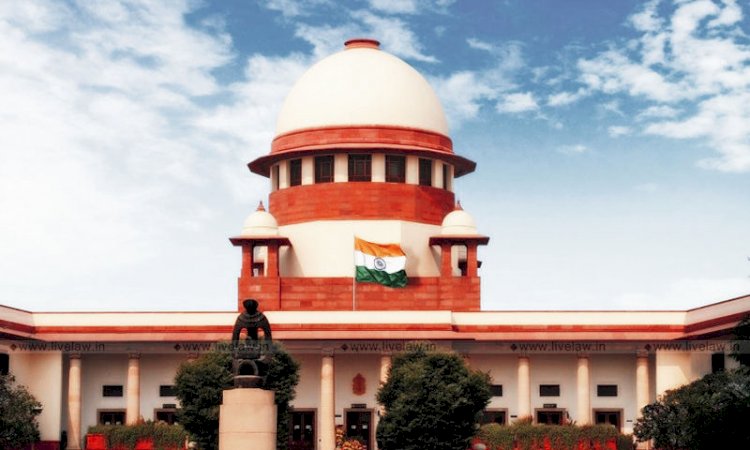Begging: Socio economic problem
For Printing Download Epaper from files section from bottom of this page

The supreme court is absolutely right in its observation that, begging is a socio-economic problem and it will not be banned in the country. But, SC forgot to mention governments are responsible for increasing number of beggers. It is true that, begging can not be removed completely as the corruption. But, the number can be decreased by providing facilities like food, cloths and shelter to the beggers as like USA. Though SC is correct in its judgement that lack of education and employment are responsible factors for begging, the original reason it has not touched. The root cause is population explosion. If Indian governments had done much for controlling population, the situation would have quite good and begging would not be a worst problem. Indian government in the pursuit of votes, encouraged to increase population and as a result, now the situation has been out of control for any government. Even God can’t save our country due to this population, which has led to lack of everything for deprived classes. No doubt, the Covid-19 has compounded the problem of begging as lakhs of people have lost jobs. The people already on the boundary of poverty, have been pushed to extreme poverty and forced to beg. Not only this, even some well to do families have been pushed into poverty due to pandemic. The court observation came in response to the
Centre and Delhi government petitions about rehabilitation of beggars. The SC has also sought their response in two weeks. It observed that it is a socio-economic problem and people are forced to beg to eke out their livelihood due to the absence of education and employment. The court’s observations are in line with past judicial observations. In 2018, the Delhi High Court struck down a law that made begging in the Capital a crime, saying that criminalising begging “violates the fundamental rights of some of the most vulnerable people”.India has no federal law on begging and destitution. About 20 states have adopted the Bombay Prevention of Begging Act, 1959, which carries a penalty of detention of three to 10 years in beggar homes. Activists argue that it is an oppressive law, and allows the police to detain or arrest anyone who is poor, including nomadic communities, street performers and migrant workers.While traditionally, seeking alms was an accepted way of life in India, a shift in mindset towards the criminalisation of begging occurred during colonial rule. To the Victorians, beggars represented laziness, moral degeneration and a threat to public health. Independent India absorbed this colonial attitude. This approach lacks empathy and absolves the welfare State of failing to provide citizens with their basic minimum requirements — food, housing, education and health. Let the SC’s observations mark a new conversation on begging, and how to improve the lives of India’s destitute. If governments want to ban begging, they should first make life easy for poor and destitute. Nobody begs on his or her own desire. The circumstances play a key role in human being’s life taking a good or bad turn. So, government should take a lenient view on beggers issue and like USA, provide them free food and shelter. Of course, India’s economy will not allow to do it at present. But, when India is looking forward to achieve five trillion economy, the beggers will be a black spot on health of economy. So, the government should improve economic situation or provide the beggers all the facilities. This is the only way to deal with the worst problem in modern world. Begging should be removed from the country completely but it is not easy to do. So, instead of seeking ban on it, the governments should make efforts to help them to live a better life and stand on their own.

 Active Times
Active Times 















